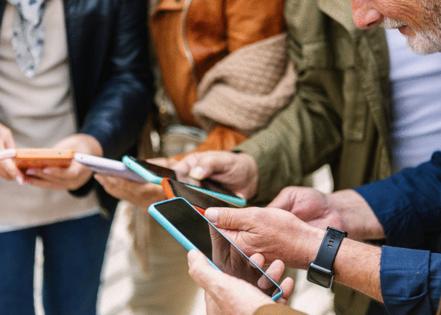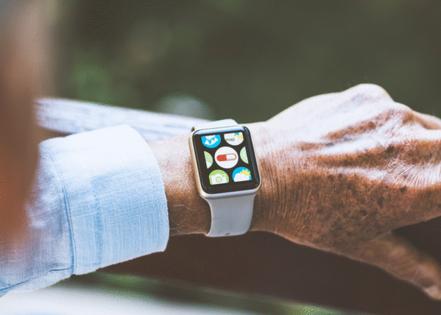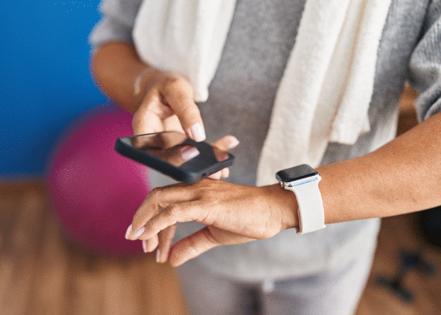5 essential types of apps for older adults that support health and wellness
Published in Senior Living
Although older adults did not grow up with tablets, smartphones, and wearables, an increasing number have embraced the latest consumer technology. According to the Pew Research Center, around 4 in 5 adults aged 65 and older owned a smartphone in 2024, indicating a shift in their adoption of smart devices.
Technology can help older adults perform everyday tasks and monitor and maintain their health. Common devices like medical alert devices and electric wheelchairs can assist older adults, but apps on smart devices can also serve a number of helpful functions, such as reminding users when to take their medications or allowing them to connect with health care professionals and family members.
Researchers at Saint John Regional Hospital in New Brunswick conducted a 2020 survey of app use in adults aged 60 and over. About 3 in 4 (76%) respondents said they would be interested in using an app to help them improve their health. Most survey participants specifically expressed an interest in using apps to talk to pharmacists and review their medications.
Several other types of apps can help older adults manage some of the changes they may face as they age, including memory loss, limited mobility, and weakened hearing or vision. Some apps provide the user's GPS location to loved ones in case urgent help or emergency services are needed. In contrast, common messaging apps like Facebook's Messenger and WhatsApp allow older adults to stay connected with family and friends. Other apps can provide reminders about their schedules and prescriptions, while some offer engaging puzzles and problems for fun and entertainment and to support their mental health.
QMedic curated a list of the types of apps that can benefit older adults using academic research and an AARP survey.
Visit thestacker.com for similar lists and stories.

































Comments